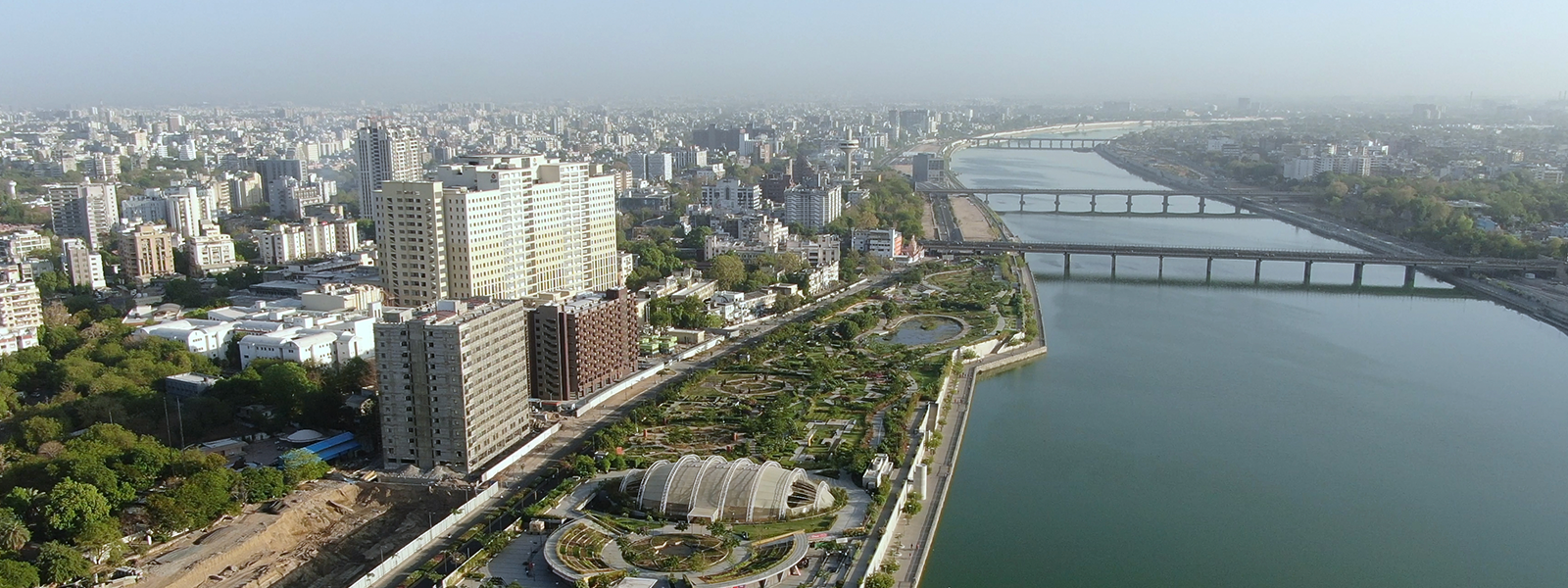RERA Compliance Checklist for Real Estate - A Guide for Home Buyers
November 18, 2024 in Property Guide

Property investment is a huge step for everyone. It is where you start your new life and is not something you should decide in haste. Since home buyers are not aware of how the market works, it is difficult for them to figure out which property is safe and which is not. Keeping this in mind, the government passed an act in 2016. This is when the Real Estate Regulatory Authority (RERA) came to light and was effective from May 2017. It was introduced to protect the interest of buyers and regulate the entire real estate industry.
The sole aim of RERA is to keep the real estate industry accountable, efficient, and transparent in its operations. This not only helps safeguard the buyers and stakeholders but also prevents discrepancies in the market.
RERA Compliance: Key Points to Remember
Indian lawmakers established RERA to promote transparency in the real estate sector. So, if you are planning to buy a home, here are the regulations that you should be aware of –
Registration of Projects
: The developers must register their real estate projects with the respective state's Real Estate Regulatory Authority before marketing or selling any property. This process will make sure that all the details about the project are available to the public. It includes the project layout, plans, approvals, and timelines.Sale Agreement
: Read the sales agreement carefully before signing the document. It should include all the aspects such as the project completion date, number of units, facilities, layouts, carpet area, and floor plan. According to RERA, all this should be cleared beforehand so that the buyer can make an informed decision.Carpet Area Disclosure
: Developers are required to quote the carpet area (the actual usable area within the walls) of the property instead of the super built-up area. This will help home buyers get clarity on exactly how much space they will get.Adherence to Every Timeline
: The law mandates that developers must complete their projects within the stipulated timelines. If there is any failure in fulfilling the deadlines, then the developers must face penalties or pay compensation.Escrow Account
: Developers are obligated to deposit 70% of the funds collected from home buyers in a separate escrow account. This step will ensure that the funds are used only to complete the development of that specific project. It further minimises the risk of diversion of funds to other projects which aren’t in favour of the buyers.Buyer’s Consent
: If the developer wants to make any changes to the project plan or design, he must get written consent from at least two-thirds of the buyers. This prevents arbitrary changes that could negatively affect the buyers.Rights and Duties of Buyers
: The act clearly outlines all the rights and duties of home buyers. It includes the right to information, timely possession, and quality construction. Buyers are also required to make timely payments as per the agreement.Defect Liability
: It stipulates a defect liability period during which the developer must address any structural or workmanship defects that may arise after the possession of the property.Grievance Redressal
: RERA provides for the establishment of this mechanism to address complaints and grievances of home buyers. It also establishes an Appellate Tribunal to handle appeals against RERA decisions.Transparency and Accountability
: RERA emphasises transparency in all aspects of real estate transactions, including advertising, disclosure of project details, and maintaining proper books of accounts by developers.Anti-Discrimination
: RERA prohibits developers from discriminating against any buyer based on religion, caste, gender, or disability.
Home buyers in every state should be aware of RERA. In every state, the act is effectively running on the ground level. For instance, if you are buying a property in Maharashtra then you should consult the MahaRERA authority for the same.
RERA Checklist Before Purchasing a Property
When you are planning to purchase a property, go through this RERA checklist –
Verify the Credentials
: Verify the developer’s credentials before investing in a property. Check whether his previous projects were successfully completed or not and what are the reviews. You can check this through multiple online portals.Check RERA Compliance
: It is today’s necessity to check if the property complies with the rules and regulations laid down by RERA. This will provide the satisfaction that you are investing in the right home.Cross-check the Possession Date
: The developer has to mention the possession date in the document. Make sure that the date is correct and doesn’t look far-fetched.Verify the Carpet Area
: It is important to mention the carpet area in the document. But don’t rely on the figures until you get it verified. Make sure that the accurate measurements are mentioned and that they comply with the RERA regulations.Confirm the Payment Process
: RERA specifies that the payment schedule should be according to the construction date. Make sure that the documents comply with the same and are not drafted to fulfil the personal favours of the developer.
=> Read Also: Real Estate Laws (Acts) and Regulations in India - Old and New Property Rules
Advantages of RERA
RERA compliance has brought forward a multitude of benefits to home buyers. It has regulated the real estate sector and helped investors make wise decisions. Here are some of the advantages provided by the act –
Complete Transparency
: The act makes it mandatory for developers to comply with the rules and regulations set by RERA. This maintains transparency and keeps the buyer updated with all the details.Developers are Accountable
: If anything is carried out without complying with RERA, the developer can be held accountable and even penalised in certain cases. This makes the developer focus on quality and rules.Minimum Delay in Projects
: Before RERA-registered projects came into action, buyers had to face complications while dealing with the developers. This unnecessarily delayed the project. But now the developer has to complete the project within the time frame.Restricted Use of Funds
: RERA lays down the rule that the funds designated for one project cannot be used for another. The developer has to deposit approximately 70% of the funds in an escrow account that supports a particular project only. This protects the buyers’ interest in the long run.
Choosing Only RERA-Registered Property
If you are looking for a new home and want to make sure that it is registered under RERA, this is how you can do it –
Visit the Official RERA Website
: Every state has its RERA website. For instance, Gujarat has GujRERA and Haryana has Haryana RERA. These websites show all the RERA-registered properties in their respective states.Find the Project
: You can cross-check a property by filling out the developer or project’s name. This is if you are interested in a specific property and want to ensure that it is a safe investment.Confirm the Details
: Make sure that the information provided by your developer matches the details available on the official RERA website. This will help ensure that the details are consistent, and it is the right purchase for you.Check the RERA Certificate
: Once you have verified the details, confirm if the developer has obtained the RERA certificate or not. This document signifies that the project legally complies with the requirements.
By following these steps, you can be certain that you are buying a property that fulfils RERA compliance. It protects your interests as a home buyer and provides transparency in the real estate sector.
=> Read Also: What is an IGBC-Certified Green Home and its Benefits?
Invest in RERA-regulated Property
Begin your new life safely and securely by investing in the right property. Adani Realty developers have introduced real estate projects that comply with RERA rules and regulations. So, if you are searching for new properties in Mumbai, Ahmedabad, Gurugram, or Pune; Adani Realty is the trusted developer to go for.
Looking for dream spaces, not sure where to start?
Leave us a query and our representative will get back to you.
Disclaimer
The Adani Realty expressly disclaims all liability in respect to actions taken or not taken based on any or all the contents of this Blog. The content of this blog is collation of data from various sources and is provided only for information purpose only and Adani Realty does not canvass the particulars, information, brand or any other materials mentioned in the blogs nor does it obtain any monetary benefit from the same.The Adani Realty shall in no circumstance be held liable for any expense, loss or damage including, without limitation, direct, indirect or consequential loss or damage, or any other expense, loss or damage whatsoever arising from the use of data, information, interpretation, judgement or opinion arising out of or in connection with the use of this Blog. Reader is advised to read and apply his/ her intellect and discretion in this regards.

